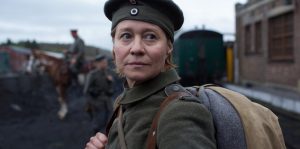
In Erna At War (Erna i krig), a middle-aged mother trying to protect her son from getting drafted into World War I by the German army ends up going off to war herself. Erna (Trine Dyrholm) is from southern Denmark, which the Germans have taken over. She and her village have no allegiance to Germany, and to this point, her son, Kalle (Sylvester Byder), has avoided service because he’s developmentally challenged.
But in the late stages of the war, the army is desperate, forcing old, young, and otherwise unfit men into service. Erna follows her son when reporting for duty, believing she can make a deal with the general. When this doesn’t work, she poses as a male soldier and goes off to war alongside him in an attempt to liberate him from service. Nothing goes quite according to plan, and the two end up in the trenches on the front lines.
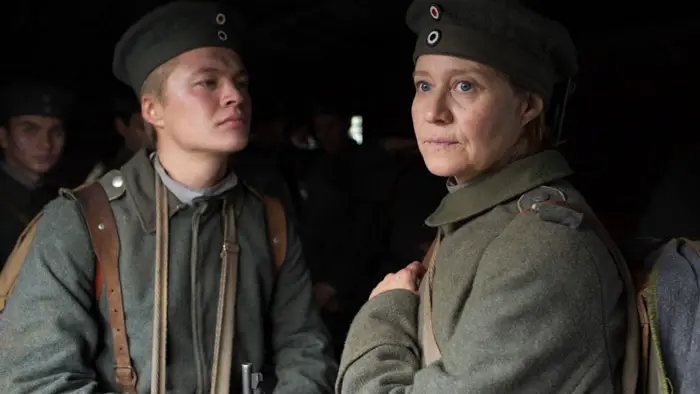
“…a middle-aged mother trying to protect her son from getting drafted…ends up going off to war herself.”
Is it plausible that a middle-aged woman could pose as a man in WWI? Not entirely, but writers Bo Hr. Hansen and Henrik Ruben Genz, who also directs, cover this by having a senior officer, Feldwebel Mayer (Ulrich Thomsen), out Erna as a woman early on, but then not prosecute her because he dreams of marrying her. Erna’s secret is then known to the fellow soldiers serving with her, and she becomes a mother figure to them as things become more and more dire. This does nothing to help Kalle, who finds it emasculating that his helicopter mom won’t even let him go off to war without her. Eventually, we learn that Erna has a secret that explains why she can’t let her son go.
Despite the somewhat far-fetched plot, there is value in seeing war from many perspectives, and it is fascinating that now a century on, there’s a fresh take that I’ve never seen before. That’s doubly true in that I’d never seen the Danish perspective of WWI, but of course, no one has ever quite seen the perspective of a mother in the trenches. I’m not entirely sure how I feel about such an anachronism.
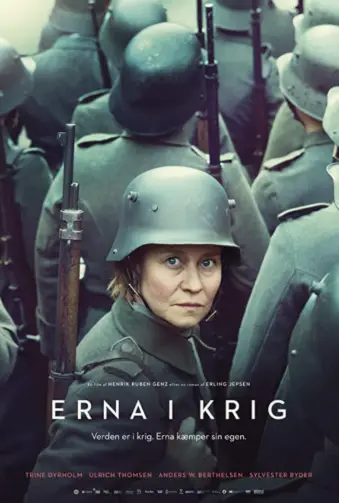
"…there is value in seeing war from many perspectives..."
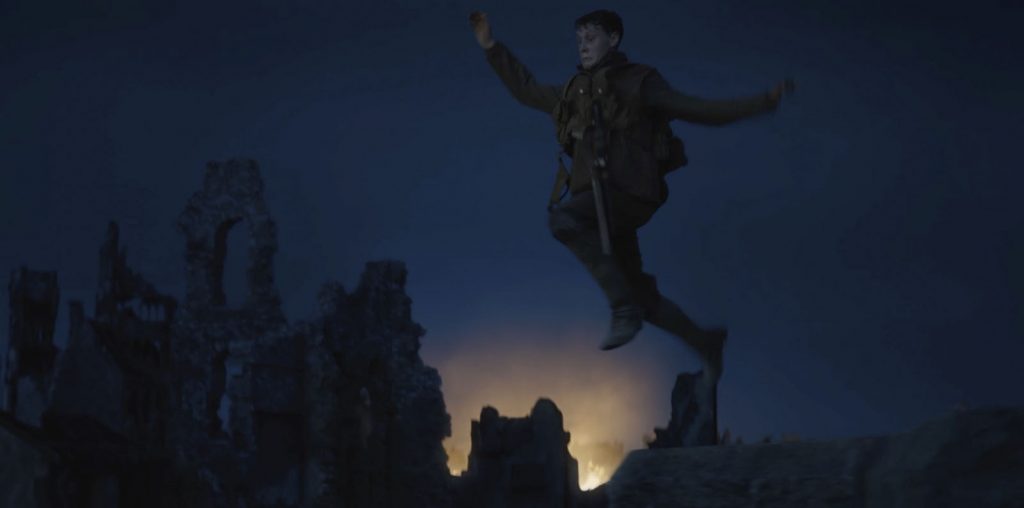
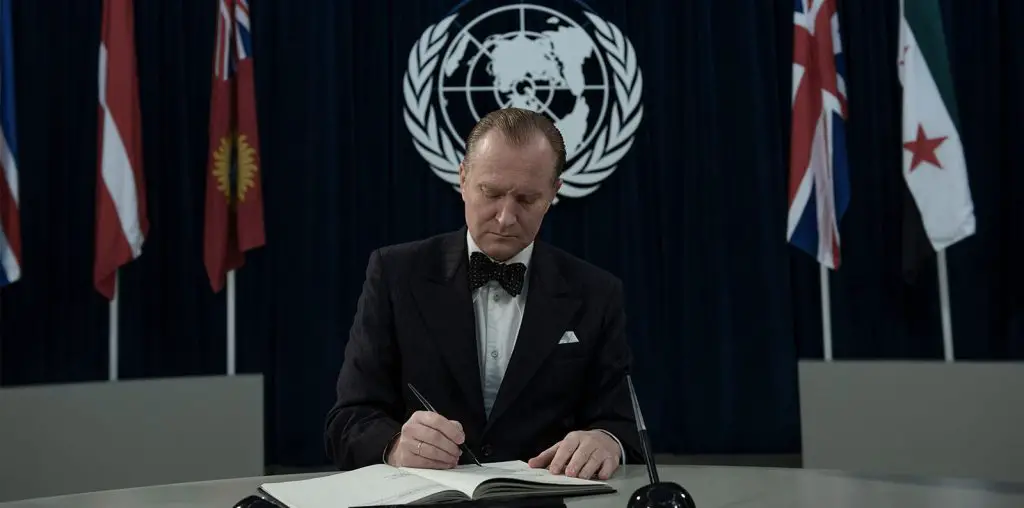
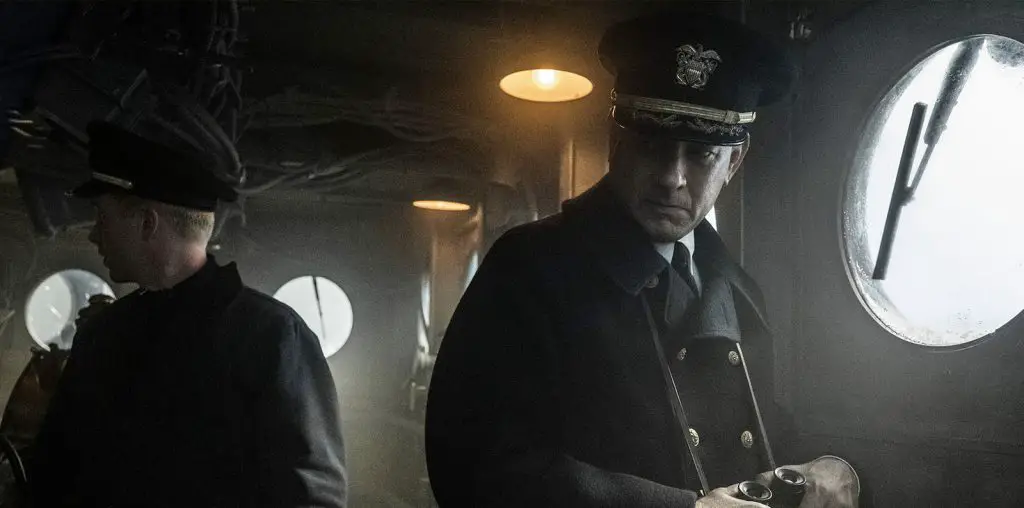
This was very interesting because of my name which has been in our family for many generations, my aunt Erna was in Denmark during the war also my great aunt Erna!